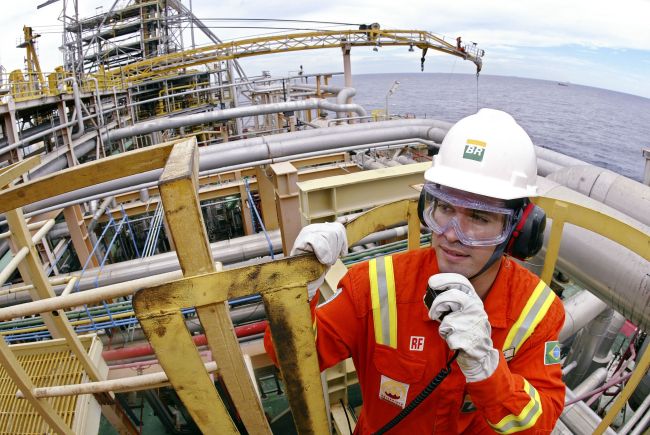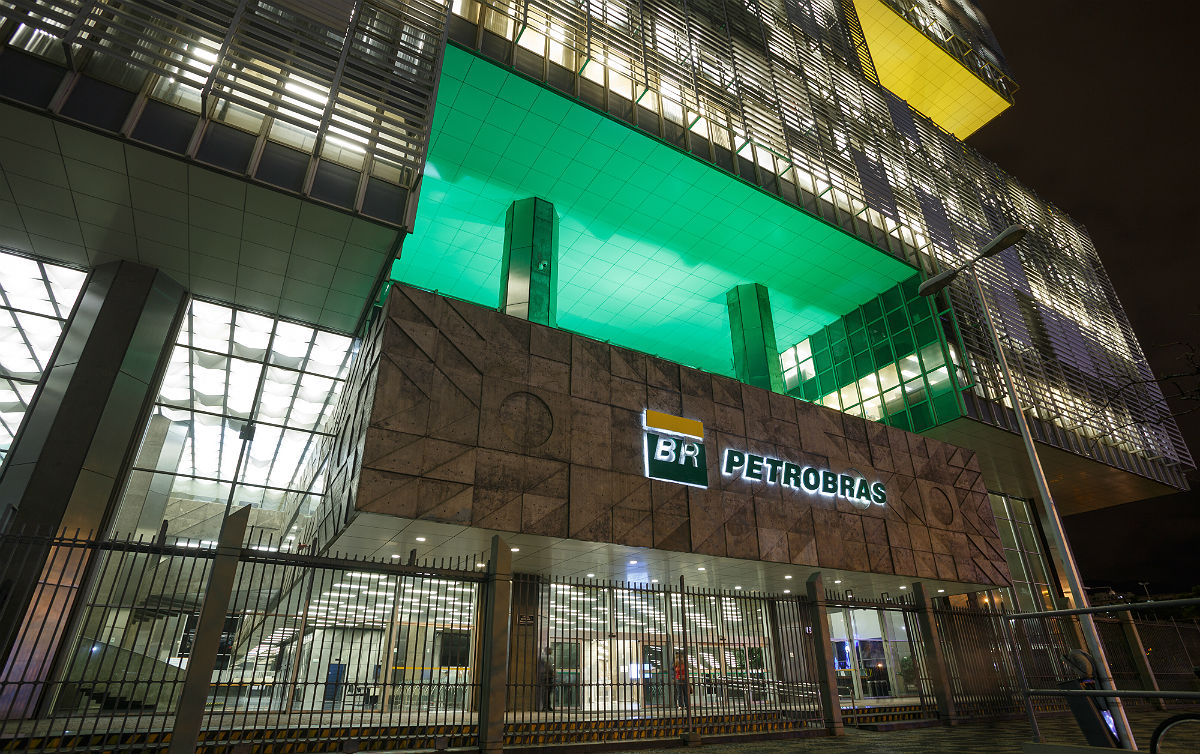/i.s3.glbimg.com/v1/AUTH_37554604729d4b2f9f3eb9ad8a691345/internal_photos/bs/2022/B/6/D9PPWGRl6Go6igMC8F4Q/21emp-100-petrobras-b4-img01.jpg)
Leveraged by the appreciation of oil prices, Petrobras is expected to disclose on Wednesday, after the closing of the markets, a robust earnings report, relative to the fourth quarter of last year, according to analysts. The expectation is that, even with the 2.8% drop in oil and gas production in 2021, the company will close the year with record annual profit – which makes room for it to pay more dividends to shareholders.
Until then, the best annual result by Petrobras was in 2019, when the oil company closed the year with a profit of R$40.137 billion. The company accumulates a net profit of R$75.16 billion in the first nine months of 2021 and is on track to reach a new milestone.
The year 2021 marks a turning of the page in Petrobras’ financial restructuring process. It was when the company reached in advance the goal of reducing gross debt to less than $60 billion. The achievement was made possible, above all, by the oil company’s strong cash generation — a scenario that should be repeated in the fourth quarter results. The Institute for Strategic Petroleum Studies (Ineep) estimates, for example, that the company’s free cash flow should total R$45.6 billion in the fourth quarter.
Analysts’ projections indicate that Petrobras is likely again present solid financial indicators. According to the average of the projections of the four banks consulted by Valor (BTG, Credit Suisse, Goldman Sachs and UBS BB), the oil company is expected to report a R$ 69.8 billion EBITDA for the period between October and December. The amount is 48.3% higher than that calculated in the same period of 2020 and 14.9% higher than in the third quarter of 2021.
For Goldman Sachs, a most expensive barrel should be the main driver of the exploration and production segment, the company’s flagship. The bank’s forecast is that E&P’s EBITDA will grow 10%, in dollars, compared to the third quarter, despite the 3.9% reduction in the company’s total oil and gas production on the same comparative basis. The Brent barrel was priced, on average, at $79 between October and December 2021. For comparison purposes, in the same period of 2020 the commodity was traded, on average, at $44.2 a barrel, while, in the third quarter of last year, the average price was $73.5.
The company’s revenues is expected to total around R$129 billion in the fourth quarter, up 72.1% in the annual comparison and 6.1% compared to the third quarter.
Petrobras is expected to see expressive net income in the fourth quarter, R$25.8 billion, according to the average of the banks’ projections. This number could be substantially higher, according to Ineep, if the oil company makes a new reversal of write-offs due to loss in the value of assets and investments (impairments), as it did in the third quarter of 2021, due to the appreciation of oil.
The positive result expected for the fourth quarter should be reflected in new dividend distributions to shareholders. In 2021, Petrobras paid a total of $12 billion in advance payments, related to the year’s results. The amount is almost double what the company distributed in total between 2018 and 2020.
Credit Suisse estimates that Petrobras will be able to distribute up to $5 billion in dividends related to the fourth quarter, as a reflection of organic cash generation and non-recurring effects. At the end of 2021, it is worth remembering, the company concluded important divestments, such as the one from the RLAM refinery (state of Bahia) to Mubadala, for $1.8 billion. On the cash outflow side, the payment of dividends in December is expected to be highlighted. BTG cites, in turn, that Petrobras’ “comfortable leverage position could mean that additional dividends could be in the horizon”.
Goldman Sachs makes a counterpoint stating that, although there is room for remuneration to shareholders based on the results of the fourth quarter, the company may eventually decide to wait for the results of the first quarter of 2022 to have better visibility of cash generation and only then proceed with new payments. The bank estimates that Petrobras could announce up to $7 billion in new dividends for the first three months of the year.
For 2022, analysts expect earnings to be even higher, since the company is no longer so strangled by debt — reduced by $70 billion since 2014. UBS BB estimates that, without considering divestments, Petrobras’ dividend yield is expected to be 19% in 2022, the highest index, alongside Russian Gazprom, among the 20 international oil companies analyzed by the bank. The dividend yield is a ratio between the dividends paid by a company in a given period and the individual share price and measures the company’s performance in terms of shareholder remuneration.
In November, Petrobras’ CFO Rodrigo Araujo said he expects to start, in the first quarter of 2022, the new dividends policy – which foresees paying an amount equivalent to 60% of the difference between operating cash flow and investments. The formula will be activated when the gross debt is equal to or less than $65 billion and there is accumulated profit. Under the new rules, payment must be made quarterly.
Source: Valor International



